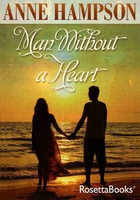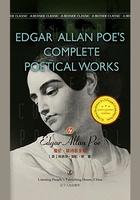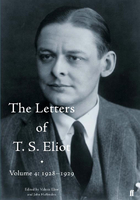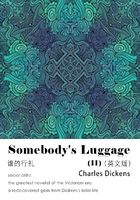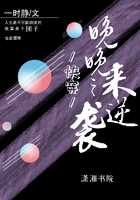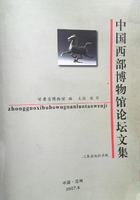When so much has been written about Charles Strickland, it may seem unnecessary that I should write more. A painter's monument is his work. It is true I knew him more intimately than most: I met him first before ever he became a painter, and I saw him not infrequently during the difficult years he spent in Paris; but I do not suppose I should ever have set down my recollections if the hazards of the war had not taken me to Tahiti. There, as is notorious, he spent the last years of his life; and there I came across persons who were familiar with him. I find myself in a position to throw light on just that part of his tragic career which has remained most obscure. If they who believe in Strickland's greatness are right, the personal narratives of such as knew him in the flesh can hardly be superfluous. What would we not give for the reminiscences of someone who had been as intimately acquainted with El Greco as I was with Strickland?
But I seek refuge in no such excuses. I forget who it was that recommended men for their soul's good to do each day two things they disliked: it was a wise man, and it is a precept that I have followed scrupulously; for every day I have got up and I have gone to bed. But there is in my nature a strain of asceticism, and I have subjected my flesh each week to a more severe mortification. I have never failed to read the Literary Supplement of . It is a salutary discipline to consider the vast number of books that are written, the fair hopes with which their authors see them published, and the fate which awaits them. What chance is there that any book will make its way among that multitude? And the successful books are but the successes of a season. Heaven knows what pains the author has been at, what bitter experiences he has endured and what heartache suffered, to give some chance reader a few hours' relaxation or to while away the tedium of a journey. And if I may judge from the reviews, many of these books are well and carefully written; much thought has gone to their composition; to some even has been given the anxious labour of a lifetime. The moral I draw is that the writer should seek his reward in the pleasure of his work and in release from the burden of his thought; and, indifferent to aught else, care nothing for praise or censure, failure or success.
Now the war has come, bringing with it a new attitude. Youth has turned to gods we of an earlier day knew not, and it is possible to see already the direction in which those who come after us will move. The younger generation, conscious of strength and tumultuous, have done with knocking at the door; they have burst in and seated themselves in our seats. The air is noisy with their shouts. Of their elders some, by imitating the antics of youth, strive to persuade themselves that their day is not yet over; they shout with the lustiest, but the war cry sounds hollow in their mouth; they are like poor wantons attempting with pencil, paint and powder, with shrill gaiety, to recover the illusion of their spring. The wiser go their way with a decent grace. In their chastened smile is an indulgent mockery. They remember that they too trod down a sated generation, with just such clamor and with just such scorn, and they foresee that these brave torch-bearers will presently yield their place also. There is no last word. The new evangel was old when Nineveh reared her greatness to the sky. These gallant words which seem so novel to those that speak them were said in accents scarcely changed a hundred times before. The pendulum swings backwards and forwards. The circle is ever travelled anew.
Sometimes a man survives a considerable time from an era in which he had his place into one which is strange to him, and then the curious are offered one of the most singular spectacles in the human comedy. Who now, for example, thinks of George Crabbe? He was a famous poet in his day, and the world recognised his genius with a unanimity which the greater complexity of modern life has rendered infrequent. He had learnt his craft at the school of Alexander Pope, and he wrote moral stories in rhymed couplets. Then came the French Revolution and the Napoleonic Wars, and the poets sang new songs. Mr. Crabbe continued to write moral stories in rhymed couplets. I think he must have read the verse of these young men who were making so great a stir in the world, and I fancy he found it poor stuff. Of course, much of it was. But the odes of Keats and of Wordsworth, a poem or two by Coleridge, a few more by Shelley,discovered vast realms of the spirit that none had explored before. Mr. Crabbe was as dead as mutton, but Mr. Crabbe continued to write moral stories in rhymed couplets. I have read desultorily the writings of the younger generation. It may be that among them a more fervid Keats, a more ethereal Shelley, has already published numbers the world will willingly remember. I cannot tell. I admire their polish -- their youth is already so accomplished that it seems absurd to speak of promise -- I marvel at the felicity of their style; but with all their copiousness (their vocabulary suggests that they fingered Roget's in their cradles) they say nothing to me: to my mind they know too much and feel too obviously; I cannot stomach the heartiness with which they slap me on the back or the emotion with which they hurl themselves on my bosom; their passion seems to me a little anaemic and their dreams a trifle dull. I do not like them. I am on the shelf. I will continue to write moral stories in rhymed couplets. But I should be thrice a fool if I did it for aught but my own entertainment.

